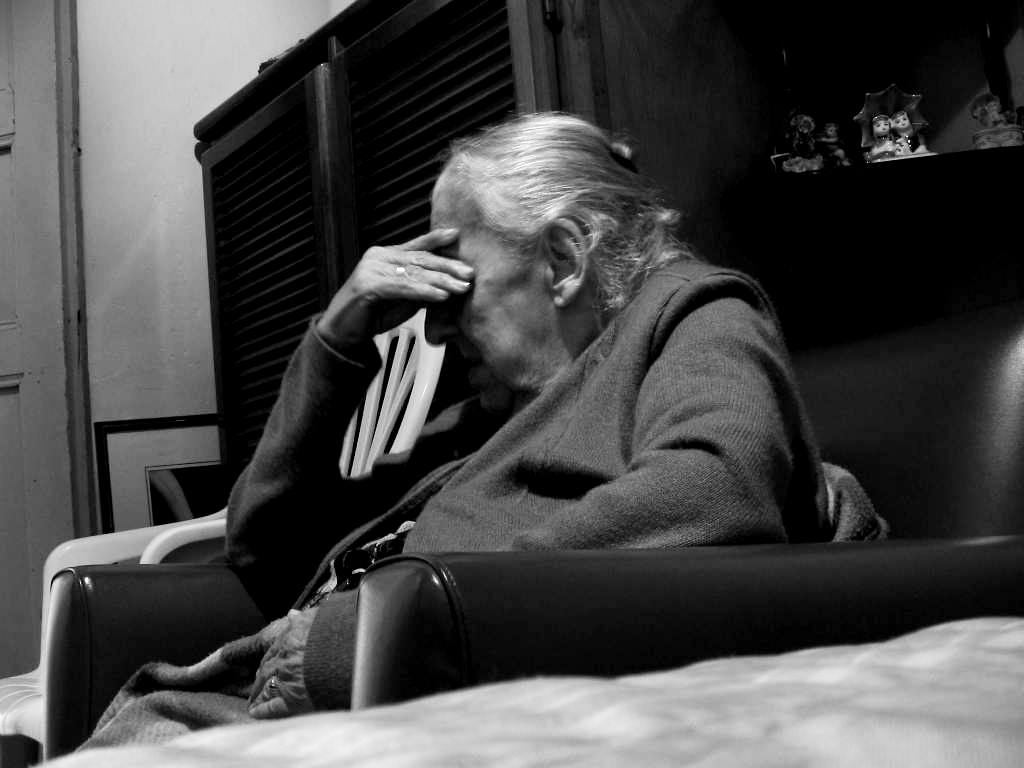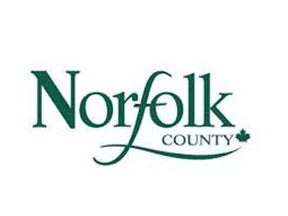It is a sad fact that one of the most neglected sections of our society are elders. They are a vulnerable population which puts them at higher risk of various forms of abuse. Hence, it is our moral responsibility to try and prevent any harm to any member of society, particularly the vulnerable population.
Here are some common types of abuse that elders face:
1. Physical Abuse:
As a caregiver it is easy to get frustrated by the requirements and expectations that come with caring for someone else. This frustration can lead to lashing out that can be in the form of rough behaviour causing harm or inflicting physical pain or injury upon an older adult. When you find yourself getting frustrated or upset it is important to take a step back from the situation. Ensure that the elder in a safe situation and take time to cool off. Reach out for help and talk to a family member or friend. If you don’t know who to call Stonebridge can help offer support. Please give us a call at 519-842-3200. It may be time to consider getting some help caring for the elder and give you the break or training that you need.
Sometimes physical abuse is accidental. It isn’t uncommon that caregivers have not received the proper training to perform safe transfers or bathing of someone who is suffering from Alzheimer’s or physical disabilities. Although these injuries do not constitute physical abuse if they are unintended, it is important to identify the need to receive more training to prevent injury. Stonebridge can offer support to train caregivers.
Physical abuse can also be inflicted on the caregiver from the elder. It is important to understand when you need to reach out for help to protect yourself from physical abuse.
Withholding medicines or giving an overdose are also forms of physical abuse and are prosecutable offences in the eyes of the law.
2. Emotional abuse:
Emotional abuse is easy to inflict but hard to correct. Ill-treating a person in a manner that affects that person’s confidence and self-esteem is a type of emotional abuse that can have long lasting and damaging effects on a person. This is not the way you want to remember your relationship with your parent or loved one. If you are finding yourself saying, doing or acting in a manner that you may regret, you need to look for ways to de-stress or find support.
3. Financial abuse:
Handling finances in an responsible way often becomes more difficult as we age requiring us to entrust others with delicate information. This vulnerability makes financial abuse an all too common problem in elder care, especially where inheritance is involved. If this is something you or your family are facing or it is causing trust issues within a family, services are available to help ensure financial issues are dealt with in an appropriate manner. Stonebridge can help with bill paying and setting up automatic withdrawal. A neutral and accountable third party can often help defuse a stressful situation.
4. Restriction of freedom:
Interfering with the freedom of the elderly person is also a form of abuse. This includes not letting the person make personal choices that are within their capabilities, withholding access to seeing their family, friends or loved ones or interfering with spiritual and traditional choices.
5. Neglect:
Not ensuring an elder is being properly looked after or not providing them the basic facilities like food, shelter, personal care or medication is a deep and difficult form of neglect. The responsibility of these tasks fall on loved ones but others can certainly help them to identify any possible issues of neglect. A wide array of services are available and identifying the need doesn’t mean that the burden of care will fall on the primary caregiver’s shoulders. Stonebridge offers a free intake session to identify what supports need to be put into place.
6. Sexual abuse:
Touching the person inappropriately, speaking in a suggestive manner or forcing the elder into any kind of sexual activity is rare but it does happen and should be reported.
Is there a solution to help these elders?
Stonebridge’s staff consists of loving and caring individuals who have chosen to work with seniors. They have passion, compassion and many have post-secondary education related to working with the elderly. Stonebridge follows screening procedures which include a police record check, physical, drivers abstract, background and reference checks before employing an individual. Stonebridge has a zero-tolerance policy for abuse of any kind! Support staff work under the guidance of a registered nurse, report back to the agency and receive on the job training on the finer nuances that are required in taking care of elders.
Elder abuse is a harsh reality of our society. To avoid this, it is important to identify the signs and know that support available when caring for seniors. The key in these situations is oversight and reporting, abuse happens when there is a vacuum of knowledge.






